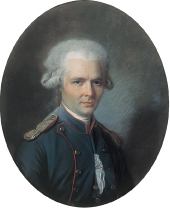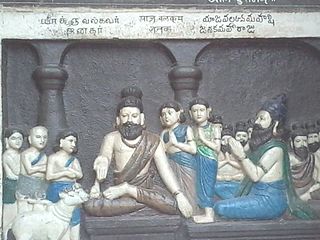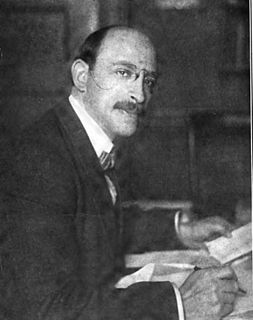A Quote by Carl Jung
A criminal becomes a popular figure because he unburdens in no small degree the consciences of his fellow man, for now they know once more where evil is to be found.
Related Quotes
I must say, though, that a man who has staked his whole life on the card of a woman's love and who, when that card is trumped, falls to pieces and lets himself go to the dogs -- a fellow like that is not a man, not a male. You say he's unhappy -- you know best. But all the nonsense hasn't been taken out of him yet. I'm sure he really believes he's a smart fellow just because he reads that rag Galignani and saves a muzhik from a flogging once a month.
We are so full of apprehensions, fears, that we don't know exactly to what it points... a great change of our psychoglocal attitude is imminent, that is certain...because we need more understanding of human nature because ...the only real danger that exists is man himself... and we know nothing of man - his psyche should be studied because we are the origin of all coming evil.
In existing criminology there are concepts: a criminal man, a criminal profession, a criminal society, a criminal sect, and a criminal tribe, but there is no concept of a criminal state, or a criminal government, or criminal legislation. Consequently what is often regarded as "political" activity is in fact a criminal activity.
The birth of a man is the birth of his sorrow. The longer he lives, the more stupid he becomes, because his anxiety to avoid unavoidable death becomes more and more acute. What bitterness! He lives for what is always out of reach! His thirst for survival in the future makes him incapable of living in the present.
Weapons compound man's power to achieve; they amplify the capabilities of both the good man and the bad, and to exactly the same degree, having no will of their own. Thus we must regard them as servants, not masters - and good servants to good men. Without them, man is diminished, and his opportunities to fulfill his destiny are lessened. An unarmed man can only flee from evil, and evil is not overcome by fleeing from it.
The man who can face vilification and disgrace, who can stand up against the popular current, even against his friends and his country when he know he is right, who can defy those in authority over him, who can take punishment and prison and remain steadfast-that is a man of courage. The fellow whom you taunt as a 'slacker' because he refuses to turn murderer-he needs courage. But do you need much courage just to obey orders, to do as you are told and to fall in line with thousands of others to the tune of general approval and the Star Spangled Banner?
We might think of dollars as being 'certificates of performance.' The better I serve my fellow man, and the higher the value he places on that service, the more certificates of performance he gives me. The more certificates I earn, the greater my claim on the goods my fellow man produces. That's the morality of the market. In order for one to have a claim on what his fellow man produces, he must first serve him.



































